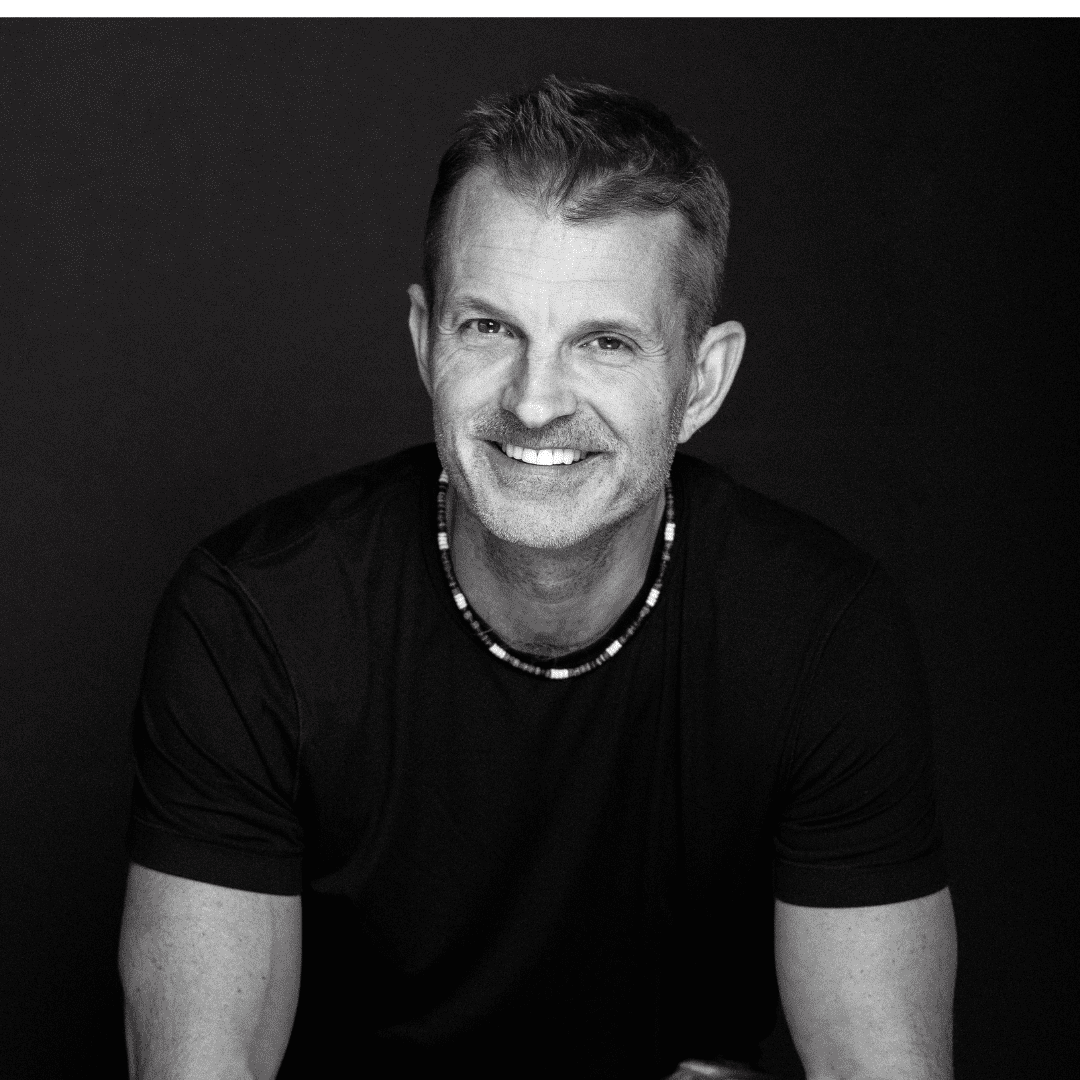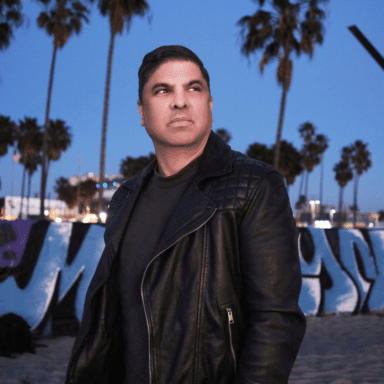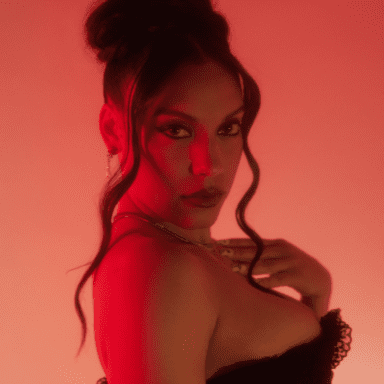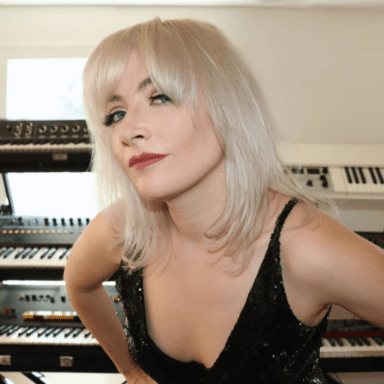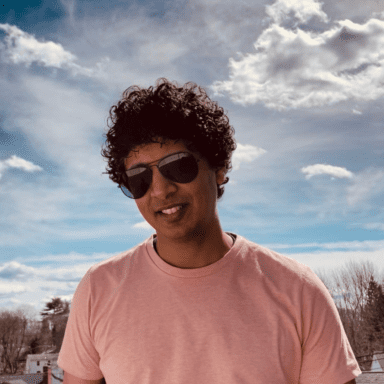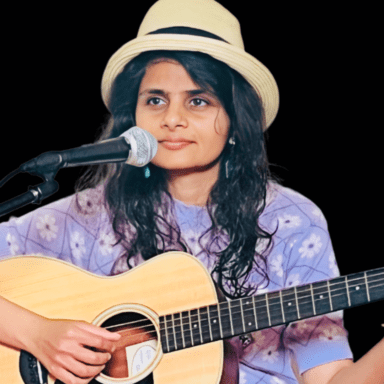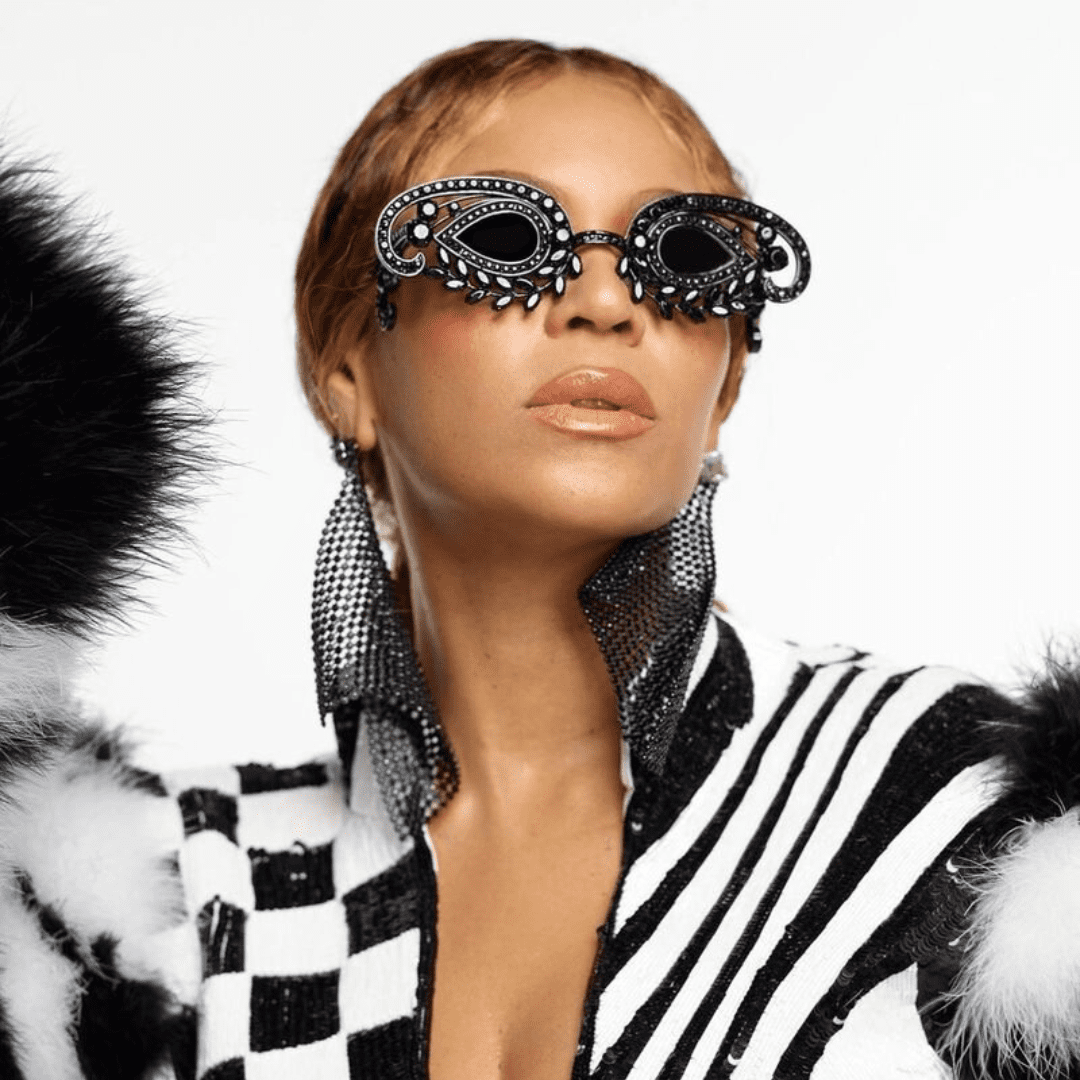Cullen Jack ‘s musical journey is deeply influenced by his early exposure to classical instruments in the symphony, inspiring him to blend traditional orchestral elements with pop and country music. He admires storytellers like Ed Sheeran, Elton John, and Taylor Swift, striving to weave relatable narratives into his songs.
Jack’s tenure in Tokyo’s piano bars enriched his music, blending Western classics with the cultural nuances of Japan, reflecting a unique fusion of country music and Japanese cultural motifs. His songwriting process is organic and family-centric, often starting with a simple melody at home and evolving with feedback from his family. The whimsical use of a Toy Glockenspiel in his new song “Someday” highlights his penchant for blending innocence and hope in his music.
Returning to music after a career in law and business, Cullen Jack focuses more on artistic creation than commercial success, aiming to capture authentic emotions and stories. His new release navigates themes of loss, joy, and personal growth, marking an evolution from his previous contemplative works to a more diverse emotional spectrum. Looking ahead to 2024, he plans to explore both instrumental and singer-songwriter styles, defying conventional advice to stick to one genre.
How did your early exposure to classical piano and participation in the local symphony influence your approach to songwriting and composition?
When you are surrounded by bassoons, clarinets, timpani drums and cellos, you start to think—how can I use these sounds to tell a story, not just drums, guitars and keyboard? There’s sometimes a misperception that those instruments are just for classical music, or perhaps for soundtracks. I think pop and country are so well served by the occasional oboe or tuba—the key is not to overdo it!
You’ve mentioned being inspired by artists like Ed Sheeran and Elton John. How do these influences manifest in your new release, and are there any specific elements that listeners should look out for?
What I so deeply respect about both of those artists, as well as other greats like John Prine and Jim Croce, is that they knew how to tell a story. Taylor Swift is the same way, but her songs weave into a comprehensive story that her fans love. What I’m increasingly trying to work on is making sure my songs tell stories that listeners can relate to with their own life stories.
Spending several years in Tokyo’s piano bars, how has this experience of immersing yourself in a different culture influenced the music you create, particularly in your new release?
Tokyo’s piano bar scene was so much fun, because there was such great appreciation for the classics (Billy Joel, Elton John) but also an openness to hearing new music. J-Pop, in my opinion, has become a little bit formulaic in a lot of ways and less about the live experience, where you have instant feedback from the audience. What I love about the Japanese experience is how you can draw in shared cultural experiences from especially the big towns—meeting in a subway station, standing on a snowy street corner, using certain linguistic phrases—that are more akin to country music in the US, just in a very different way.
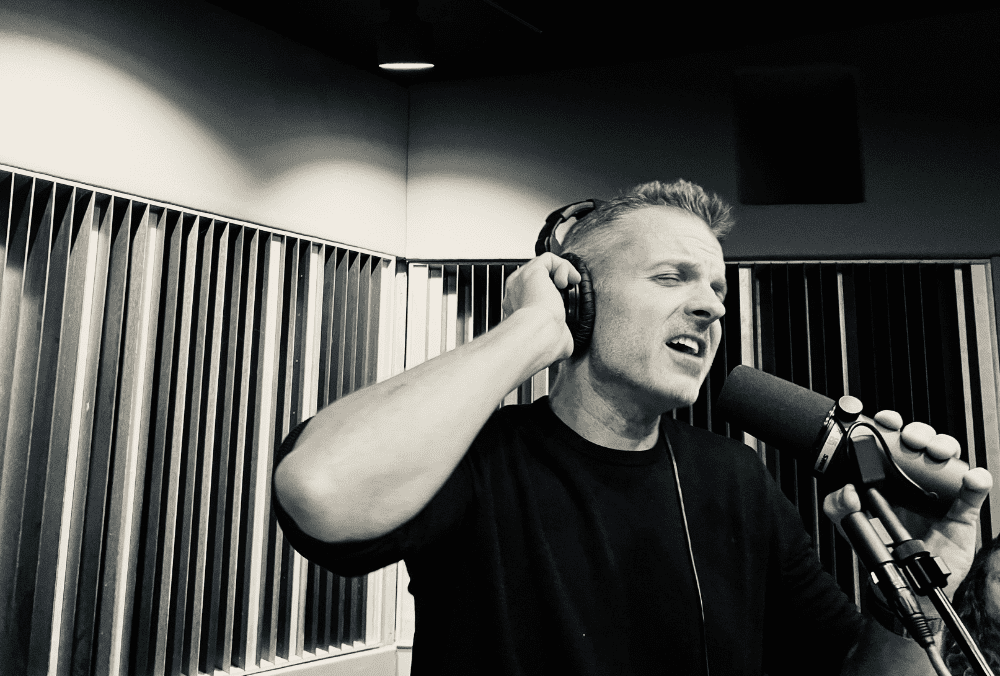
Can you describe your songwriting process, especially how you incorporate storytelling akin to Jim Croce and John Prine into your music?
I’m at my most creative around dinner time, with a glass of red wine and sitting at my Schimmel Grand Piano with my five kids running around. I sometimes need quietude, but often find inspiration among the noise and chaos. I don’t really know why. Typically, I start with a musical phase and my partner or one of my kids says, “Hey, I like that” and then I start to add words to it. It’s a little humbling because I also get instant feedback of “Hey, that’s not very good”—but the reverse happens sometimes too. Then once I’ve got a good hook I disappear into my basement studio for a while and hopefully come out with something good.
Your new release features a Toy Glockenspiel, adding a whimsical twist. What inspired this choice, and how do you feel it contributes to the overall sound and theme of the song?
Yeah, that song is called “Someday,” which is a Japanese-English duet I wrote with Yukako Nemoto. It’s a sort of hopeful song about a relationship eventually work it out if you just give it time—the chorus starts out, “Someday, she’ll call, and say, how much she missed me; and how, she needs me there by her side; she’ll say I know you were right.” The toy glockenspiel appears just for about eight seconds in the instrumental part of the song—I chose it because it brought out a childlike innocence and hope, the kind you feel when you are really in love and believe the best about somebody.
After a detour into law, politics, and business, how has returning to music changed your perspective or approach as an artist?
I think it’s mostly given me a realistic view regarding the music industry, which isn’t the industry I worked in, but business is business. Labels and the digital platforms are going to be profit-driven, and there’s nothing wrong with that. But something I learned as CEO of a tech company is that you have to measure progress to make progress. As an artist, you have to decide if you are going to be focused on measuring revenue and profit or not, and there’s no wrong answer there—but it’s important to be clear about what your metrics for success are. And that’s why you have so many artists who are so damn frustrated about having to spend all of their time doing social media and very little time actually creating. At present, I’m very intentionally not worrying about the financial peace, and am just trying to make good music. Perhaps I’ll think from a business perspective more later, but at present, just focusing on creating good stories feels right to me.
Your music is known for exploring deep human emotions. Can you share how personal experiences or stories have shaped the themes of your new release?
I think failure and loss are some of the greatest drivers of good storytelling and songwriting. The good part about my divorce, if there was one, was that it forced me to really dig into some personal stuff and think about how to write about loss and what felt like a deep personal failure in a way that was authentic. Then again, songwriters shouldn’t get stuck in that—I’m wrapping up production on a song now called “String Around My Finger,” which is a song of joy and has a killer beat, so it’s also important to move on from the sad stuff.
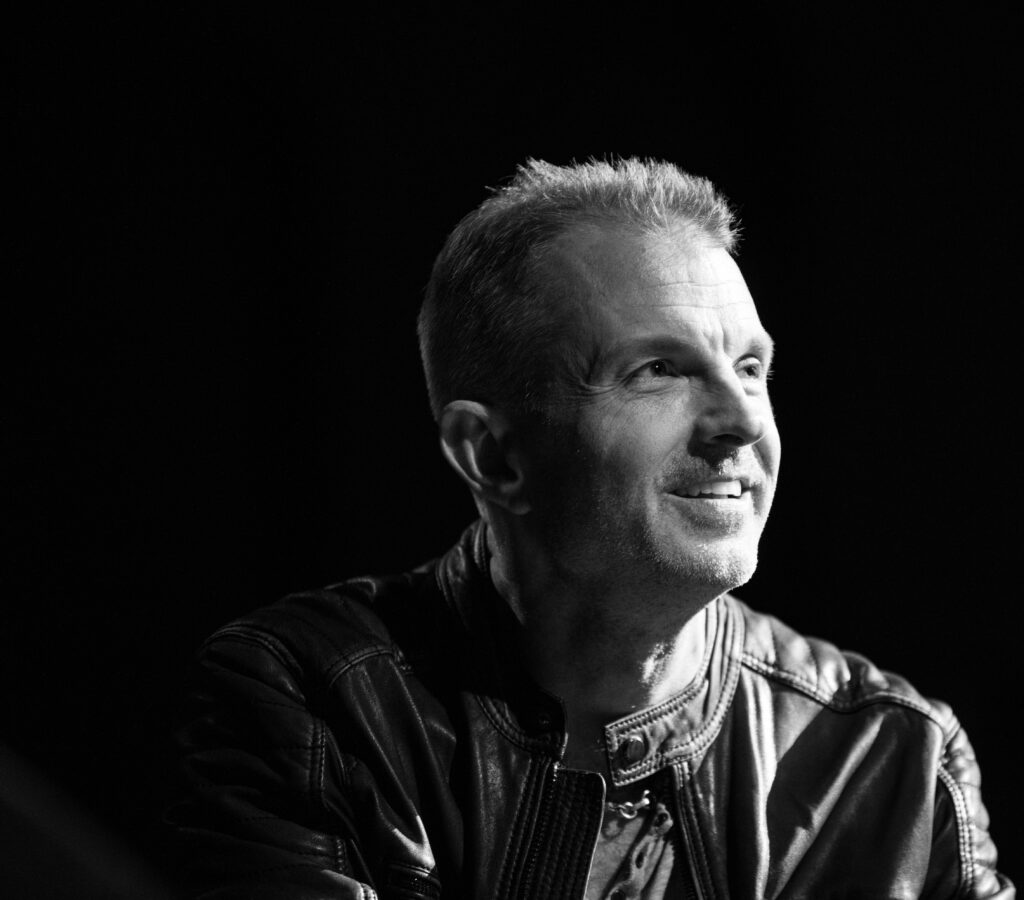
How do you believe your sound and style have evolved from past releases like “Space and Time” and “Snowfall” to this latest project?
I think “Space and Time” and “Snowfall” were necessarily more contemplative and were written as I was coming out of my divorce time frame. My initial releases definitely reflected that. There’s some of that in my upcoming album, but it also integrates some of life’s joy. I’m also integrating more country sounds into a couple of the songs—one has both a steel guitar and a Japanese koto, which is sort of a cool blend of west and east.
In creating your new release, what were some of the most significant challenges you faced, and how did you overcome them?
It’s all about time and commitment. Time and focus is always my biggest challenge—carving out time to create the quiet space for working on a song’s small details. The other challenge was that for a few months, every time I had studio time scheduled to record vocals, it seemed like I got a cold, so I had to keep on delaying that! But hopefully over that now.
With multiple singles and an album planned for 2023, what direction do you see your music taking, and are there any new musical territories you’re excited to explore?
So, it’s actually 2024, but one of the things I’m doing—nearly everyone has advised against this who I’ve talked to—is simultaneously working on instrumental (e.g., piano-only) stuff as well as my singer-songwriter stuff. Supposedly, I’m supposed to choose one or the other, but I guess where I land is: Even if you like country music, or death metal, or J-Pop, or jazz, I bet you also like instrumental music or are open to it. Most people are when it comes down to it—my own kids absolutely love Lindsey Stirling, and that’s solely because of her music, not any sort of media stuff. So I’m excited to put all of it out there in 2024, which I think is going to be a big year.
Listen to Cullen Jack’s songs here:
